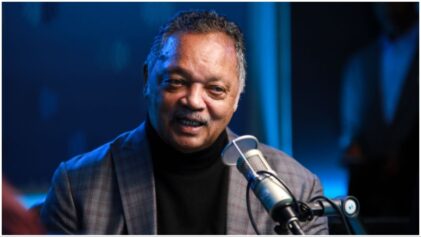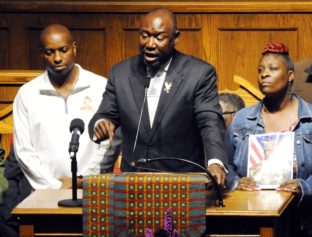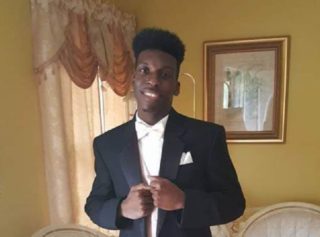On Thursday night, I returned to Caracas, Venezuela, to participate in the funeral and mourning of Hugo Chavez, president of Venezuela from 1999 until his passing this week. Chavez’s death has captured the world’s attention front and center with renewed vigor and interest.
He first burst onto the world scene with his presidential victory in 1999. Since then, through his fourth re-election in January — and while he was in Cuba fighting the cancer that would take his life — his focus was on forging a new socialist Venezuela.
This won many friends and advocates at home and abroad, especially among Venezuela’s and the hemisphere’s poorest populations. Other world powers demonized Chavez and sought to ostracize him, as they did Cuba’s Fidel Castro, on a global scale.
But I believe peaceful, constructive negotiation should carry the day over isolation and demonization.
That’s why I visited Venezuela in 2005, just after the Rev. Pat Robertson called for the assassination of Chavez. He inflamed a chorus of extremist voices in seeking a way to “deal with Chavez.”
That type of hot rhetoric serves no productive purpose.
I went to talk with Chavez; I talked with Jewish religious leaders in Venezuela. I talked with Afro-Venezuelans. I learned about the transition taking place from the old banana republic regimes to the new leaders, with new ideas, such as Chavez in Venezuela, Luiz Lula da Silva in Brazil, and Juan Manuel Santos in Colombia. I looked not to exploit differences and fuel division, but for common ground.
That’s why I went to Iraq to talk with Saddam Hussein in 1990 as he invaded Kuwait and convinced him there was no value in holding hundreds of people from the United States and other countries as “human shields.” He released them.
That’s why I went to what remained of Yugoslavia amid the flames of war in 1999, to talk with Slobodan Milosevic to persuade him to release three U.S. soldiers held hostage. He did.
And that’s why I went to Cuba in 1984 — long under a senseless U.S. blockade — to talk with Castro and persuade him to release dozens of political prisoners.
In each instance, the U.S. had a no-talk policy with these leaders and nations.
It’s been my experience that talking, keeping lines of communication open to friend and foe alike, can reap dividends. Nations cannot always agree, but we can always talk. That does not require a sacrifice of principles or signal weakness.
Read more: By Rev. Jesse Jackson CNN


